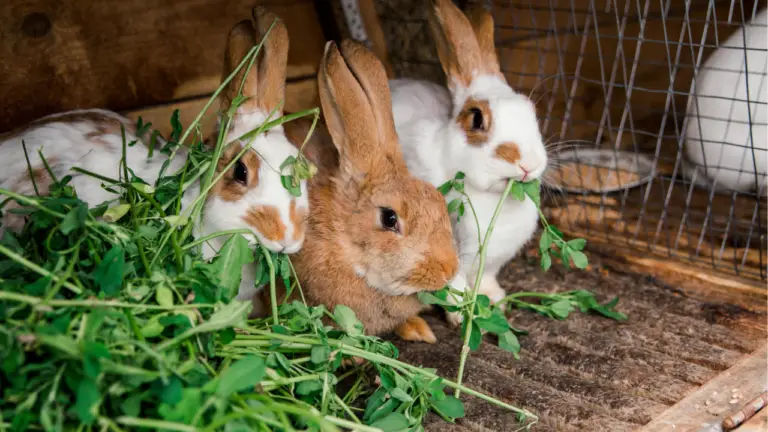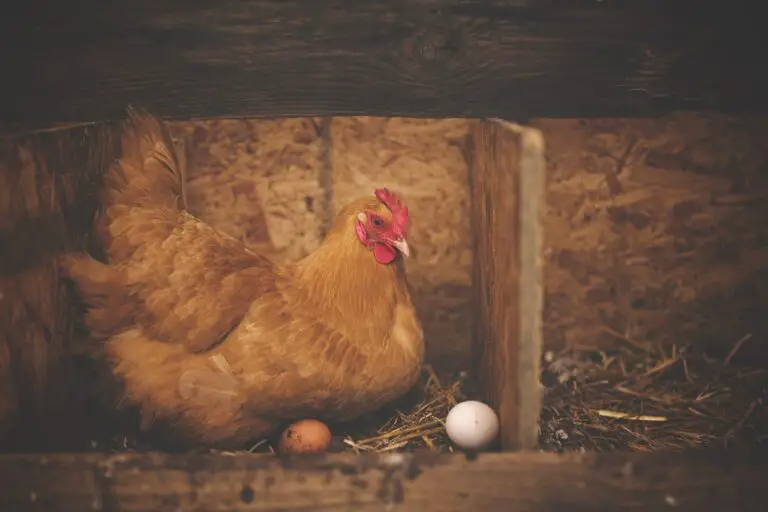How Long Do Kittens Sleep?

Kittens, much like human babies, spend a significant portion of their early lives sleeping. This extensive sleep is crucial for their growth, development, and overall health. Understanding the sleeping patterns of kittens can help pet owners provide the best care and create an environment conducive to their well-being.
How Much Do Kittens Sleep?
Kittens sleep for about 16 to 20 hours a day. This sleep is not continuous but occurs in multiple short naps throughout the day and night. This extensive rest is essential as it supports their rapid growth and development, helping their bodies and brains mature properly.
During the first few weeks of life, kittens sleep almost constantly, waking only to feed. As they grow, their sleep patterns start to include more playtime, but they still require long periods of rest. By the time they reach six months of age, their sleep duration begins to decrease slightly, aligning more closely with the sleep patterns of adult cats.
Why Do Kittens Need So Much Sleep?
Sleep is vital for kittens because it supports their physical and mental development. During sleep, growth hormones are released, aiding in the development of their muscles, bones, and immune systems. Additionally, sleep helps their brains process the new information they gather while awake, which is crucial for learning and adapting to their environment.
Another reason kittens need so much sleep is to conserve energy. Playing, exploring, and learning are all exhausting activities for young kittens. Their high energy levels during waking hours are balanced by extended periods of rest, allowing their bodies to recover and grow stronger.
How Sleep Patterns Change as Kittens Grow
As kittens grow older, their sleep patterns start to evolve. Newborn kittens might sleep almost around the clock, but by the time they are a few weeks old, they begin to have more defined periods of wakefulness. They start exploring their surroundings, playing, and interacting with their littermates and humans.
By the age of three to six months, kittens begin to sleep less and become more active. However, they still need a lot of sleep compared to adult cats. Their sleep patterns start to resemble those of mature cats, with more consolidated sleep at night and shorter naps during the day.
Ensuring Your Kitten Gets Enough Sleep
Creating a comfortable and quiet sleeping environment for your kitten is essential. Ensure they have a cozy bed in a quiet part of your home, away from heavy foot traffic and loud noises. Providing a routine can also help your kitten develop healthy sleep habits. Feeding, playtime, and sleep should occur at consistent times each day to help regulate their internal clock.
It’s also important to monitor your kitten’s sleep. While it’s normal for them to sleep a lot, excessive lethargy or a sudden change in sleep patterns can indicate health issues. If you notice anything unusual, it’s always best to consult your veterinarian.
The Impact of Diet on Kitten Sleep
A kitten’s diet can significantly affect their sleep patterns. High-quality, balanced nutrition provides the energy they need for growth and play, which in turn influences their sleep needs. Feeding your kitten a diet rich in essential nutrients will help ensure they have the energy to be active when awake and the proper nourishment to grow during their sleep.
Feeding schedules also play a role in sleep patterns. Kittens often sleep after eating, so providing meals at regular intervals can help establish a predictable sleep routine. Avoid feeding them right before bedtime to prevent any digestive discomfort that could disrupt their sleep.
Common Sleep Behaviors in Kittens
Kittens exhibit a range of sleep behaviors that can be both endearing and perplexing to their owners. They might twitch or move their paws while dreaming, a sign that their brain is processing experiences and information from their waking hours. These movements are normal and usually nothing to worry about.
It’s also common for kittens to seek warmth and comfort while sleeping. They might snuggle with their littermates or seek out a warm spot in your home. Providing a warm, soft bed can help them feel secure and promote better sleep.
Conclusion
Understanding your kitten’s sleep patterns is an important aspect of their care. By ensuring they get enough sleep and creating a conducive environment for rest, you support their growth and development. Monitoring their sleep and providing proper nutrition will help your kitten grow into a healthy and happy adult cat.






